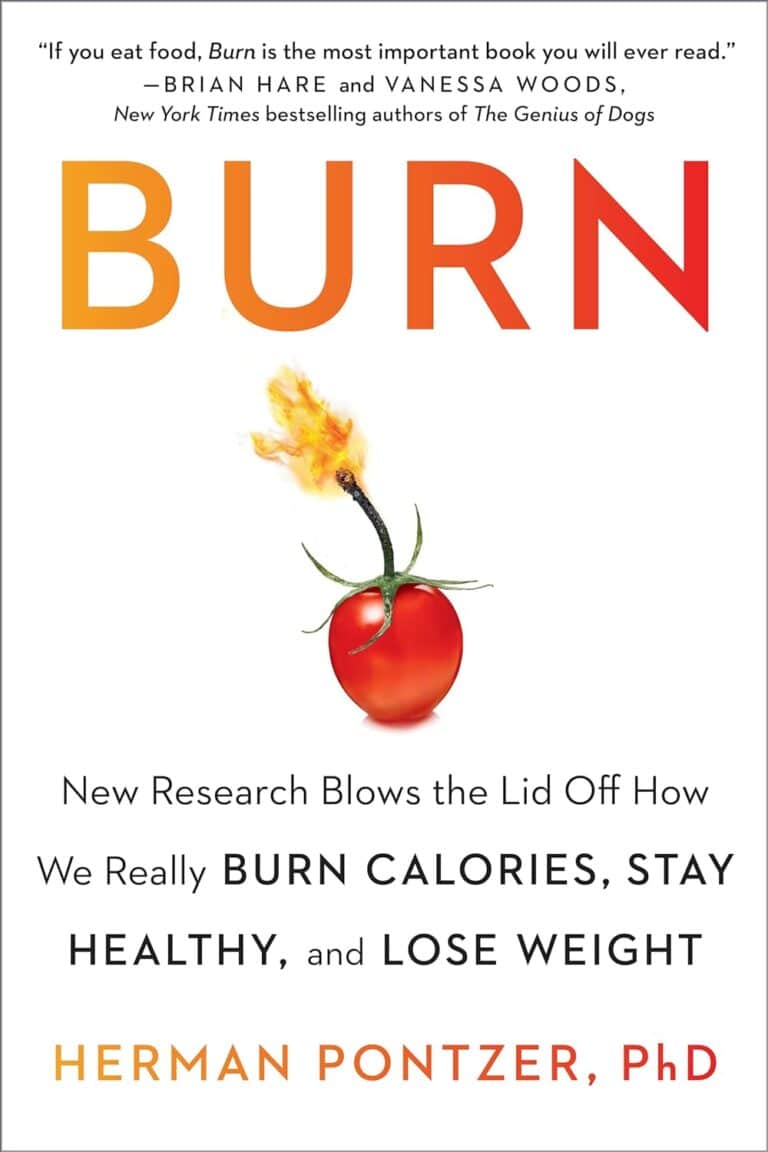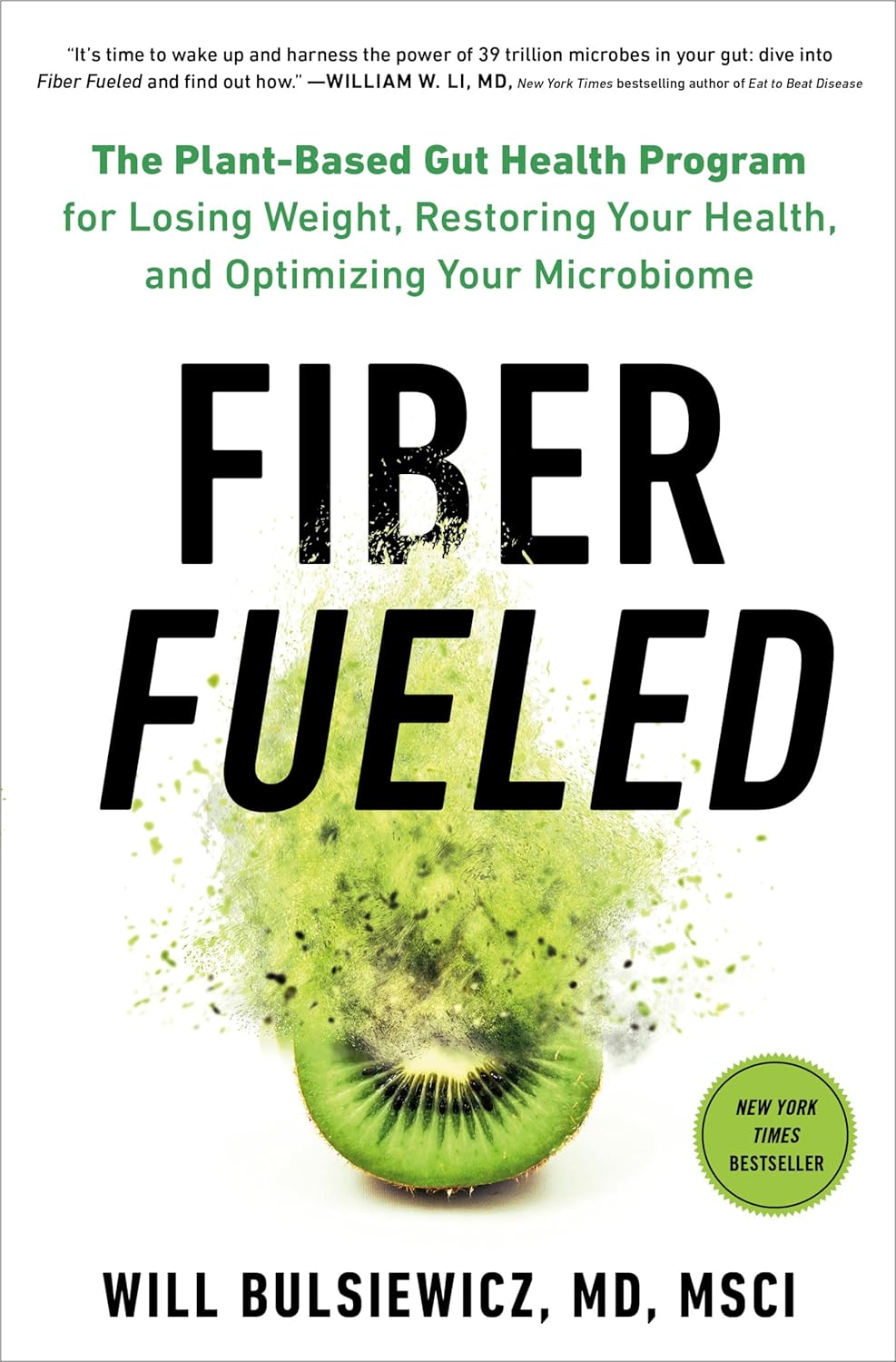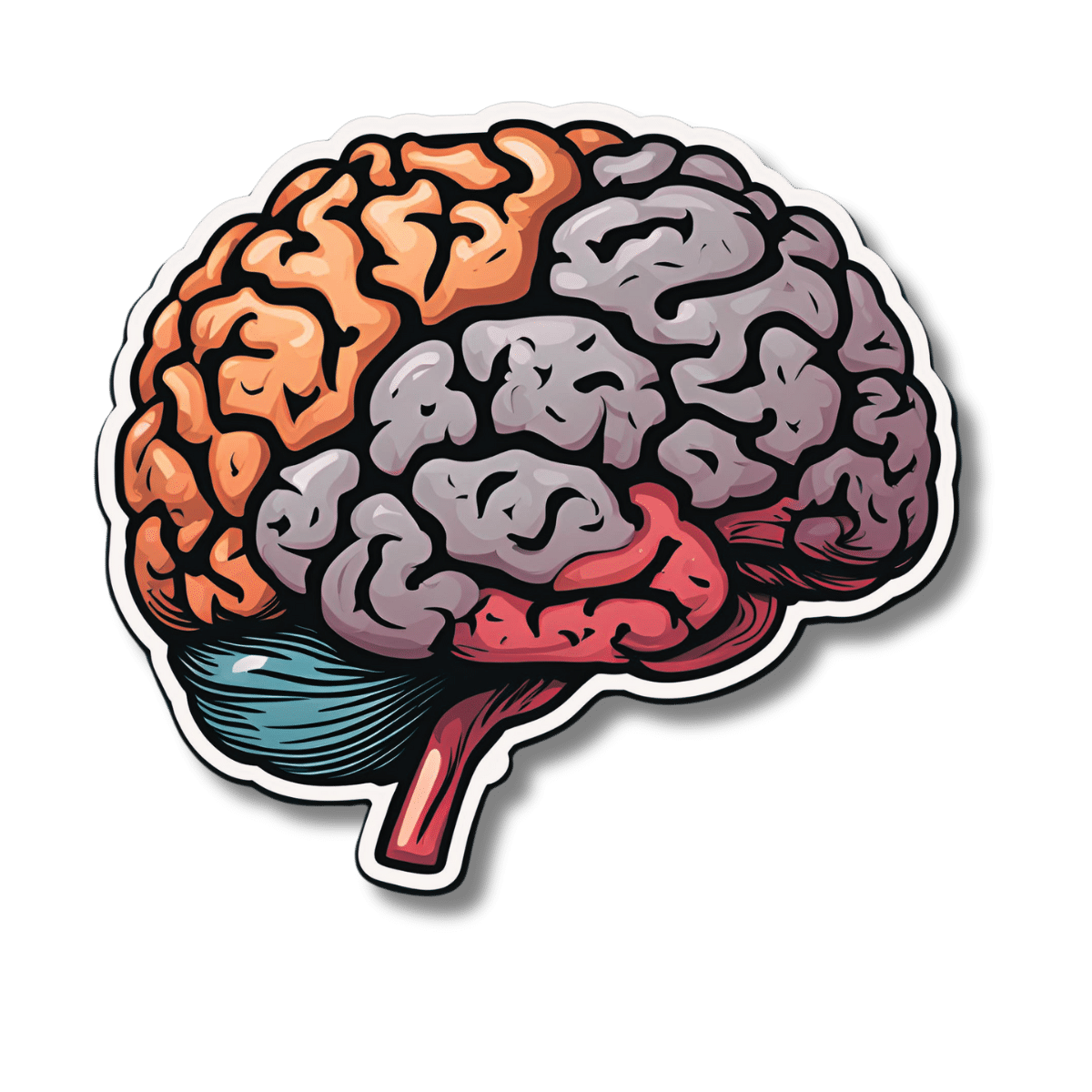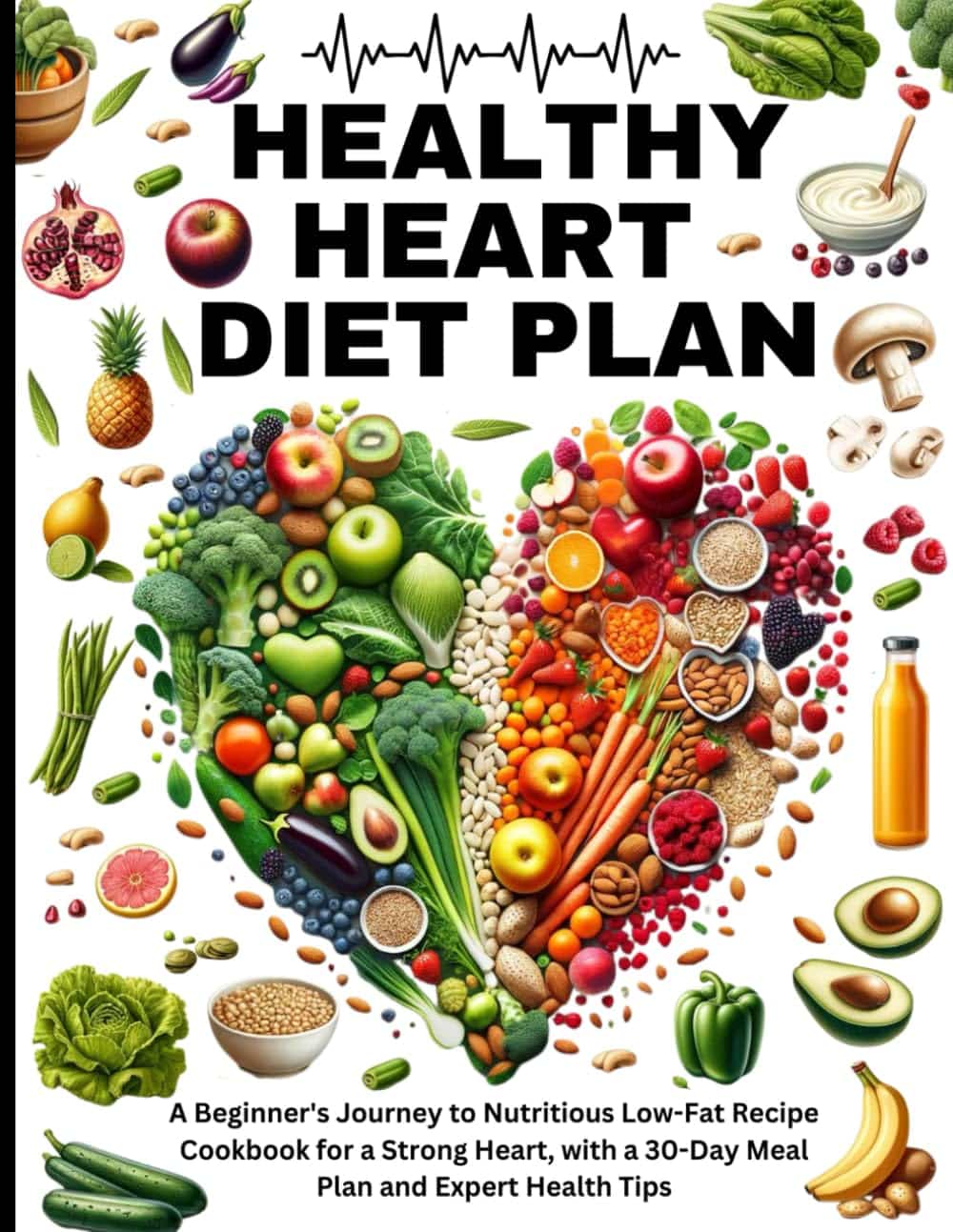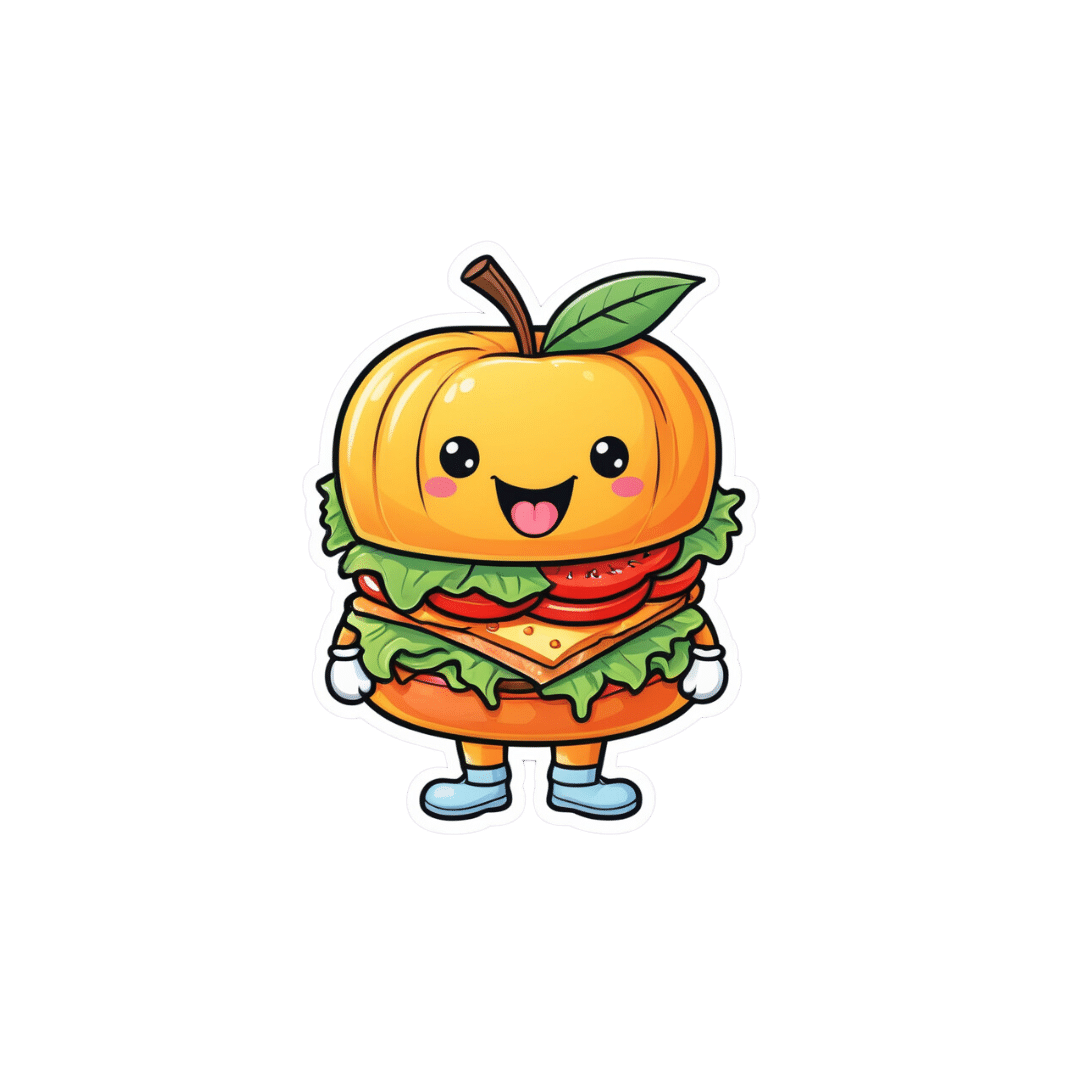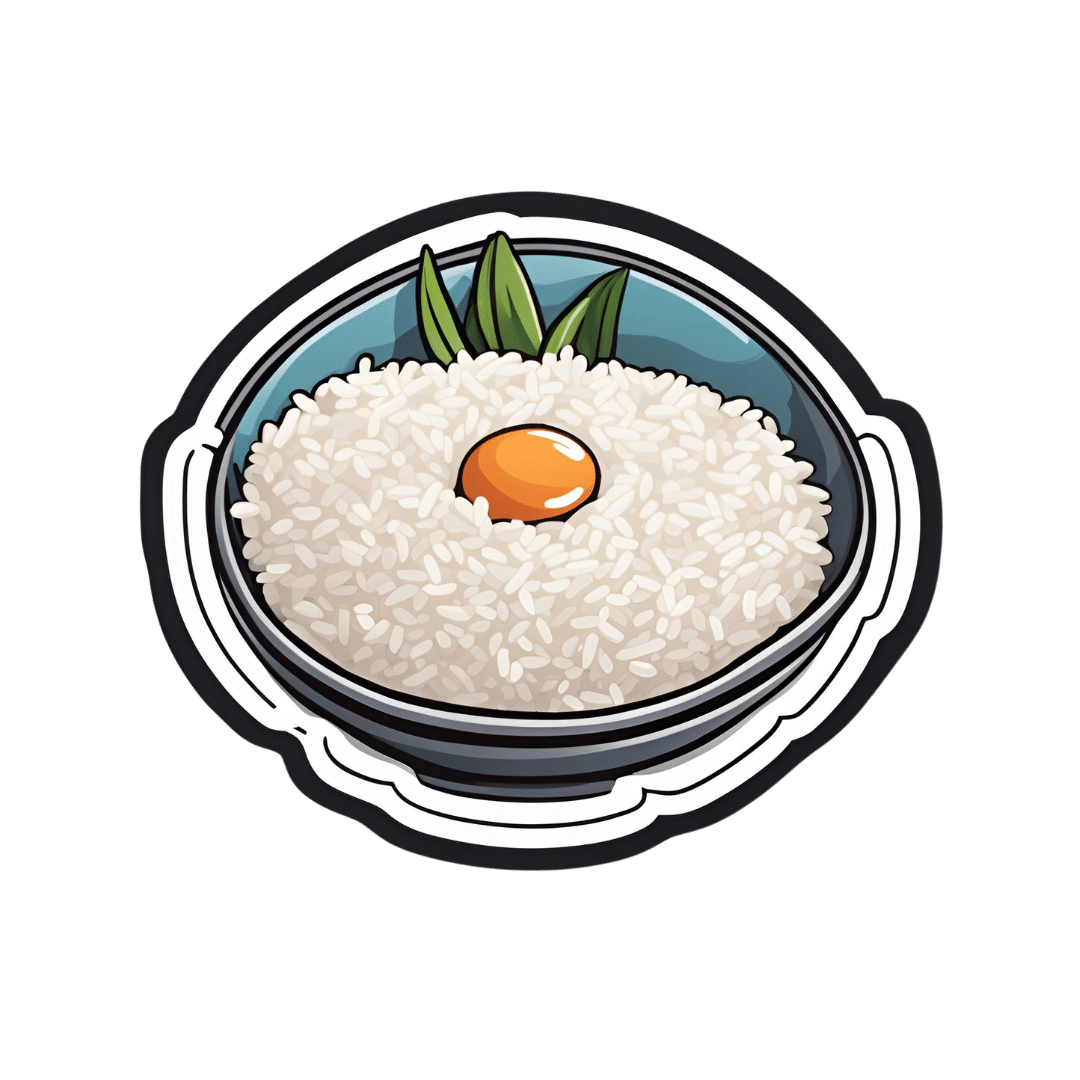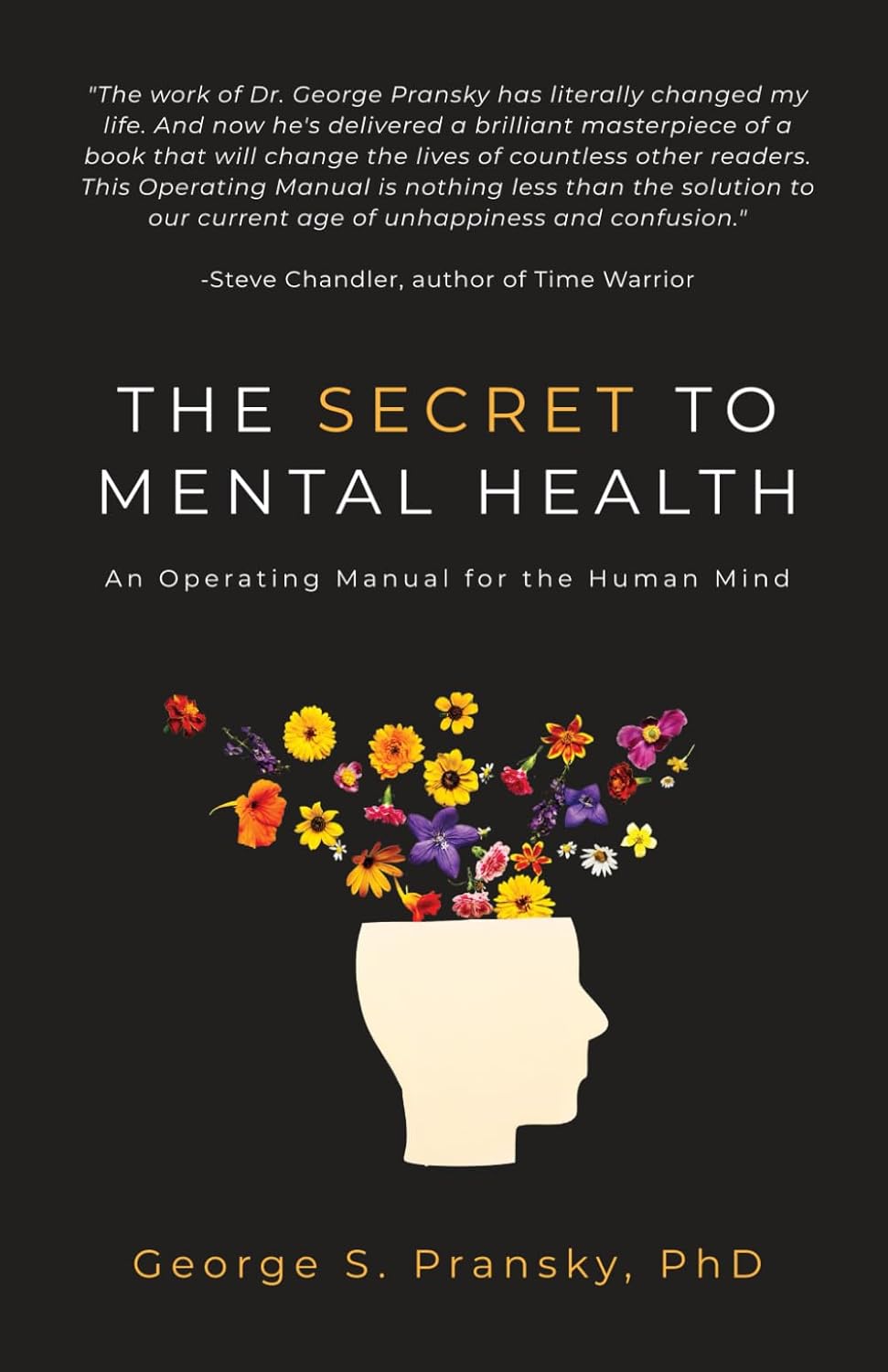
The Secret to Mental Health – by George Pransky
10almonds is reader-supported. We may, at no cost to you, receive a portion of sales if you purchase a product through a link in this article.
This book (and its author) have a sizeable popular following, so it definitely can be said that it has been well-received by many people. The premise in this book is that there is fundamentally nothing wrong with anybody’s brain, and rather everything can be broken down into:
- Mind (the energy and intelligence that animates all life)
- Consciousness (the capacity to be aware of one’s life and experiences)
- Thought (the ability to think, allowing individuals to create their personal experience of reality)
The author explains, over the course of 145 pages, that where anyone with any perceived mental health issue is going wrong is by either lacking self-awareness (Consciousness) or erring by creating an undesirable personal experience of reality (Thought).
In terms of the science of this, frequent references are made to “there is evidence that shows”, “new discoveries about mental health suggest…”, etc, but this claimed evidence is never actually presented, just alluded to. Where many books would have a bibliography, this one has simply a collection of what the author has titled “interesting case studies, conversations, papers, and discussions” (there are no actual case studies or papers; it is just a collection of anecdotes).
The style is… Honestly, in this reviewer’s opinion, barely readable. But, apparently lots of people love it, so your mileage may vary.
We don’t usually delve too far into claimed credentials, but because of the interesting writing style and the bold claims without evidence, we were curious as to where this PhD came from, and apparently it came from a now-shut-down diploma mill that was described by the court as “a complete scam”.
Bottom line: we can’t recommend this one, but we read it so that you don’t have to, and we hope that publishing this review will help reassure you that when we do recommend a book, we mean it!
Don’t Forget…
Did you arrive here from our newsletter? Don’t forget to return to the email to continue learning!
Recommended
Learn to Age Gracefully
Join the 98k+ American women taking control of their health & aging with our 100% free (and fun!) daily emails:
-
Fiber Fueled – by Dr. Will Bulsiewicz
10almonds is reader-supported. We may, at no cost to you, receive a portion of sales if you purchase a product through a link in this article.
We generally know that for gut health we should eat fiber, but what of the balances of different sorts of fiber?
That’s one of the main things that make this book stand out—fostering diversity in our microbiome by fostering diversity in our diet. Specifically, diversity of fiber-containing foods.
The book is part “science made easy for the lay reader”, and part recipe book. The recipes come with shopping lists and a meal planner, though we would recommend to use those as a guide rather than to try to adhere perfectly to them.
In particular, this reviewer would encourage much more generous use of healthful seasonings… and less reliance on there being leftovers several days later (tasty food gets gone quickly in this house!)
As for the science, the feel of this is more like reading a science-based observational documentary with explanations, than of reading a science textbook. Studies are mentioned in passing, but not dissected in any detail, and the focus is more on getting the key learnings across.
Bottom line: if you’d like to boost not just the amount, but also the diversity, of fiber in your diet, and reap the gut-health rewards, this book is a great guide for that!
Click here to get your copy of “Fiber Fueled” from Amazon today!
Share This Post
-
Statins and Brain Fog?
10almonds is reader-supported. We may, at no cost to you, receive a portion of sales if you purchase a product through a link in this article.
It’s Q&A Day at 10almonds!
Have a question or a request? You can always hit “reply” to any of our emails, or use the feedback widget at the bottom!
In cases where we’ve already covered something, we might link to what we wrote before, but will always be happy to revisit any of our topics again in the future too—there’s always more to say!
As ever: if the question/request can be answered briefly, we’ll do it here in our Q&A Thursday edition. If not, we’ll make a main feature of it shortly afterwards!
So, no question/request too big or small
❝I was wondering if you had done any info about statins. I’ve tried 3, and keep quitting them because they give me brain fog. Am I imagining this as the research suggests?❞
If you are female, the chances of adverse side-effects are a lot higher:
As an extra kicker, not only are the adverse side-effects more likely for women, but also, the benefits are often less beneficial, too (see the above main feature for some details).
That’s not to say that statins can’t have their place for women; sometimes it will still be the right choice. Just, not as readily so as for men.
Enjoy!
Share This Post
-
Language Fluency Beats General Intelligence & Memory For Longevity
10almonds is reader-supported. We may, at no cost to you, receive a portion of sales if you purchase a product through a link in this article.
And no, it doesn’t have to be a second language, although that helps a lot:
An Underrated Tool Against Alzheimer’s ← you don’t even have to learn the second language to a high level, to benefit
Rather, what we’re talking about today is your first language fluency. So, for most of our readers, English. For the study participants it was German, because this was a German research team using data from the German population.
The Berlin Aging Study
Previous research has linked intelligence to longevity, but intelligence comprises multiple traits. So, what’s most important? Memory? General intelligence? Nope. Language fluency!
Let’s clarify something before we continue: “fluency” does not, in linguistics, mean what most people use it to mean. It’s not about the size of one’s overall knowledge of the language (e.g. vocabulary size), but rather, it is about one’s ability to speak and/or write fluently—literally, fluently means “flowingly”, i.e. without undue hesitation or difficulty.
The study used data from the Berlin Aging Study, which tracked 516 people aged 70–105 from 1989 onwards.
Researchers assessed four cognitive abilities, with two kinds of tests for each of:
- Verbal fluency (detailed description below)
- Perceptual speed (pattern-recognition speed)
- Verbal knowledge (vocabulary size)
- Episodic memory (personal memory recall)
General intelligence, meanwhile, was assessed as “the average of those 8 scores”.
The two tests for the cognitive ability of “verbal fluency” were:
Categories
Participants had to name as many different animals as possible within 90 seconds. Their answers were subsequently rated for correctness by two independent research assistants, to assure that noticed or unnoticed repetitions, wrong categories, and morphological variants were not coded as correct.
Word beginnings
Participants were asked to name as many different real words starting with the letter s as possible within 90 seconds. The named words were rated for correctness by two independent research assistants to avoid considering repetitions, morphological variants, and wrong words as correct.
You can read about these and the other tests for the other cognitive abilities, in the paper itself:
Verbal Fluency Selectively Predicts Survival in Old and Very Old Age ← if you’re looking for the test descriptions, scroll to “Method” and then scroll past the table, and you’ll see the test descriptions
They found that of all these metrics, only the two verbal fluency tests (and none of the other tests) showed a significant link to longevity.
Why this is important
Although the study does not prove causality (it could be that people who are predisposed to live longer for other reasons are more verbally fluent because of some common factor that influences both language fluency and longevity), it seems as good a reason as any to develop and maintain language fluency.
This builds on what was found in “The Nun Study“, that followed a convent of nuns (because they are a very homogenous sample in terms of occupation, location, diet, routine, etc, so a lot of confounding factors were already controlled-for) and made numerous major discoveries about things that impact aging (including the relevance of the APOE4 gene! That was The Nun Study).
When it came to nuns and language…
Based on the autobiographies written by the nuns in their youth upon taking their vows, there were two factors that were later correlated with not getting dementia:
- Longer sentences
- Positive outlook
- “Idea density”
That latter item means the relative linguistic density of ideas and complexity thereof, and the fluency and vivacity with which they were expressed (this was not a wishy-washy assessment; there was a hard-science analysis to determine numbers).
Want to spruce up yours? You might like to check out:
Reading, Better: Reading As A Cognitive Exercise
…for specific, evidence-based ways to tweak your reading to fight cognitive decline.
Take care!
Share This Post
Related Posts
-
Heart Healthy Diet Plan – by Stephen William
10almonds is reader-supported. We may, at no cost to you, receive a portion of sales if you purchase a product through a link in this article.
We’ve covered heart-healthy cooking books before, but variety is good, and boredom is an enemy of health, so let’s shake it up with a fresh stack of recipes!
After a brief overview of the relevant science (which if you’re a regular 10almonds reader, probably won’t be new to you), the author takes the reader on a 28-day journey. Yes, we know the subtitle says 30 days, but unless they carefully hid the other two days somewhere we didn’t find, there are “only” 28 inside. Perhaps the publisher heard it was a month and took creative license. Or maybe there’s a different edition. Either way…
Rather than merely giving a diet plan (though yes, he also does that), he gives a wide range of “spotlight ingredients”, such that many of the recipes, while great in and of themselves, can also be jumping-off points for those of us who like to take recipes and immediately do our own things to them.
Each day gets a breakfast, lunch, dinner, and he also covers drinks, desserts, and such like.
Notwithstanding the cover art being a lot of plants, the recipes are not entirely plant-based; there are a selection of fish dishes (and other seafood, e.g. shrimp) and also some dairy products (e.g. Greek yoghurt). The recipes are certainly very “plant-forward” though and many are just plants. If you’re a strict vegan though, this probably isn’t the book for you.
Bottom line: if you’d like to cook heart-healthy but are often stuck wondering “aaah, what to cook again today?”, then this is the book to get you out of any culinary creative block!
Click here to check out the Heart Healthy Diet Plan, and widen your heart-healthy repertoire!
Don’t Forget…
Did you arrive here from our newsletter? Don’t forget to return to the email to continue learning!
Learn to Age Gracefully
Join the 98k+ American women taking control of their health & aging with our 100% free (and fun!) daily emails:
-
Thinking of trying a new diet? 4 questions to ask yourself before you do
10almonds is reader-supported. We may, at no cost to you, receive a portion of sales if you purchase a product through a link in this article.
We live in a society that glorifies dieting, with around 42% of adults globally having tried to lose weight. Messages about dieting and weight loss are amplified on social media, with a never-ending cycle of weight loss fads and diet trends.
Amid often conflicting messages and misinformation, if you’re looking for diet advice online, it’s easy to become confused and overwhelmed.
So before diving into the latest weight loss trend or extreme diet, consider these four questions to help you make a more informed decision.
PeopleImages.com – Yuri A/Shutterstock 1. Is the diet realistic?
Have you considered the financial cost of maintaining the diet or lifestyle, and the time and resources that would be required? For example, do you need to purchase specific products, supplements, or follow a rigid meal plan?
If the diet is coming from someone who is trying to sell you something – such as a particular weight-loss product you need in order to follow the diet – this could be a particular red flag.
Many extreme diet recommendations come from a place of privilege and overlook food access, affordability, cooking skills, where you live, or even your culture and ethics.
If the diet has these sorts of issues it can lead to frustration, stress, stigmatisation and feelings of failure for the person trying to adhere to the diet. But the problem may be with the diet itself – not with you.
Many diets promoted online will be expensive, or require a lot of time and resources. artem evdokimov/Shutterstock 2. Is there evidence to support this diet?
Self-proclaimed “experts” online will often make claims focused on specific groups, known as target populations. This might be 30- to 50-year-old men with diabetes, for example.
In some cases, evidence for claims made may come from animal studies, which might not be applicable to humans at all.
So be aware that if research findings are for a group that doesn’t match your profile, then the results might not be relevant to you.
It takes time and a lot of high-quality studies to tell us a “diet” is safe and effective, not just one study. Ask yourself, is it supported by multiple studies in humans? Be critical and question the claims before you accept them.
For accurate information look for government websites, or ask your GP or dietitian.
3. How will this diet affect my life?
Food is much more than calories and nutrients. It plays many roles in our lives, and likewise diets can influence our lives in ways we often overlook.
Socially and culturally, food can be a point of connection and celebration. It can be a source of enjoyment, a source of comfort, or even a way to explore new parts of the world.
So when you’re considering a new diet, think about how it might affect meaningful moments for you. For example, if you’re going travelling, will your diet influence the food choices you make? Will you feel that you can’t sample the local cuisine? Or would you be deterred from going out for dinner with friends because of their choice of restaurant?
4. Will this diet make me feel guilty or affect my mental health?
What is your favourite meal? Does this diet “allow” you to eat it? Imagine visiting your mum who has prepared your favourite childhood meal. How will the diet affect your feelings about these special foods? Will it cause you to feel stressed or guilty about enjoying a birthday cake or a meal cooked by a loved one?
Studies have shown that dieting can negatively impact our mental health, and skipping meals can increase symptoms of depression and anxiety.
Many diets fail to consider the psychological aspects of eating, even though our mental health is just as important as physical health. Eating should not make you feel stressed, anxious, or guilty.
So before starting another diet, consider how it might affect your mental health.
Moving away from a dieting mindset
We’re frequently told that weight loss is the path to better health. Whereas, we can prioritise our health without focusing on our weight. Constant messages about the need to lose weight can also be harmful to mental health, and not necessarily helpful for physical health.
Our research has found eating in a way that prioritises health over weight loss is linked to a range of positive outcomes for our health and wellbeing. These include a more positive relationship with food, and less guilt and stress.
Our research also indicates mindful and intuitive eating practices – which focus on internal cues, body trust, and being present and mindful when eating – are related to lower levels of depression and stress, and greater body image and self-compassion.
But like anything, it takes practice and time to build a positive relationship with food. Be kind to yourself, seek out weight-inclusive health-care professionals, and the changes will come. Finally, remember you’re allowed to find joy in food.
Melissa Eaton, Accredited Practising Dietitian; PhD Candidate, University of Wollongong; Verena Vaiciurgis, Accredited Practising Dietitian; PhD Candidate, University of Wollongong, and Yasmine Probst, Associate Professor, School of Medical, Indigenous and Health Sciences, University of Wollongong
This article is republished from The Conversation under a Creative Commons license. Read the original article.
Don’t Forget…
Did you arrive here from our newsletter? Don’t forget to return to the email to continue learning!
Learn to Age Gracefully
Join the 98k+ American women taking control of their health & aging with our 100% free (and fun!) daily emails:
-
Is white rice bad for me? Can I make it lower GI or healthier?
10almonds is reader-supported. We may, at no cost to you, receive a portion of sales if you purchase a product through a link in this article.
Rice is a culinary staple in Australia and around the world.
It might seem like a given that brown rice is healthier than white and official public health resources often recommend brown rice instead of white as a “healthy swap”.
But Australians definitely prefer white rice over brown. So, what’s the difference, and what do we need to know when choosing rice?
Dragne Marius/Unsplash What makes rice white or brown?
Rice “grains” are technically seeds. A complete, whole rice seed is called a “paddy”, which has multiple parts:
- the “hull” is the hard outer layer which protects the seed
- the “bran”, which is a softer protective layer containing the seed coat
- the “germ” or the embryo, which is the part of the seed that would develop into a new plant if was germinated
- the “endosperm”, which makes up most of the seed and is essentially the store of nutrients that feeds the developing plant as a seed grows into a plant.
Rice needs to be processed for humans to eat it.
Along with cleaning and drying, the hard hulls are removed since we can’t digest them. This is how brown rice is made, with the other three parts of the rice remaining intact. This means brown rice is regarded as a “wholegrain”.
White rice, however, is a “refined” grain, as it is further polished to remove the bran and germ, leaving just the endosperm. This is a mechanical and not a chemical process.
What’s the difference, nutritionally?
Keeping the bran and the germ means brown rice has more magnesium, phosphorus, potassium B vitamins (niacin, folate, riboflavin and pyridoxine), iron, zinc and fibre.
The germ and the bran also contain more bioactives (compounds in foods that aren’t essential nutrients but have health benefits), like oryzanols and phenolic compounds which have antioxidant effects.
Brown rice is cleaned and dried and the hard hulls are removed. Sung Min/Shutterstock But that doesn’t mean white rice is just empty calories. It still contains vitamins, minerals and some fibre, and is low in fat and salt, and is naturally gluten-free.
White and brown rice actually have similar amounts of calories (or kilojoules) and total carbohydrates.
There are studies that show eating more white rice is linked to a higher risk of type 2 diabetes. But it is difficult to know if this is down to the rice itself, or other related factors such as socioeconomic variables or other dietary patterns.
What about the glycaemic index?
The higher fibre means brown rice has a lower glycaemic index (GI), meaning it raises blood sugar levels more slowly. But this is highly variable between different rices within the white and brown categories.
The GI system uses low (less than 55), medium (55–70) and high (above 70) categories. Brown rices fall into the low and medium categories. White rices fall in the medium and high.
There are specific low-GI types available for both white and brown types. You can also lower the GI of rice by heating and then cooling it. This process converts some of the “available carbohydrates” into “resistant starch”, which then functions like dietary fibre.
Are there any benefits to white rice?
The taste and textural qualities of white and brown rices differ. White rice tends to have a softer texture and more mild or neutral flavour. Brown rice has a chewier texture and nuttier flavour.
So, while you can technically substitute brown rice into most recipes, the experience will be different. Or other ingredients may need to be added or changed to create the desired texture.
Removing more of the outer layers may also reduce the levels of contaminants such as pesticides.
We don’t just eat rice
You’ll likely have vegetables and protein with your rice. Chay_Tee/Shutterstock Comparing white and brown rice seems like an easy way to boost nutritional value. But just because one food (brown rice) is more nutrient-dense doesn’t make the other food (white rice) “bad”.
Ultimately, it’s not often that we eat just rice, so we don’t need the rice we choose to be the perfect one. Rice is typically the staple base of a more complex dish. So, it’s probably more important to think about what we eat with rice.
Adding vegetables and lean proteins to rice-based dishes can easily add the micronutrients, bioactives and fibre that white rice is comparatively lacking, and this can likely do more to contribute to diet quality than eating brown rice instead.
Emma Beckett, Adjunct Senior Lecturer, Nutrition, Dietetics & Food Innovation – School of Health Sciences, UNSW Sydney
This article is republished from The Conversation under a Creative Commons license. Read the original article.
Don’t Forget…
Did you arrive here from our newsletter? Don’t forget to return to the email to continue learning!
Learn to Age Gracefully
Join the 98k+ American women taking control of their health & aging with our 100% free (and fun!) daily emails:

